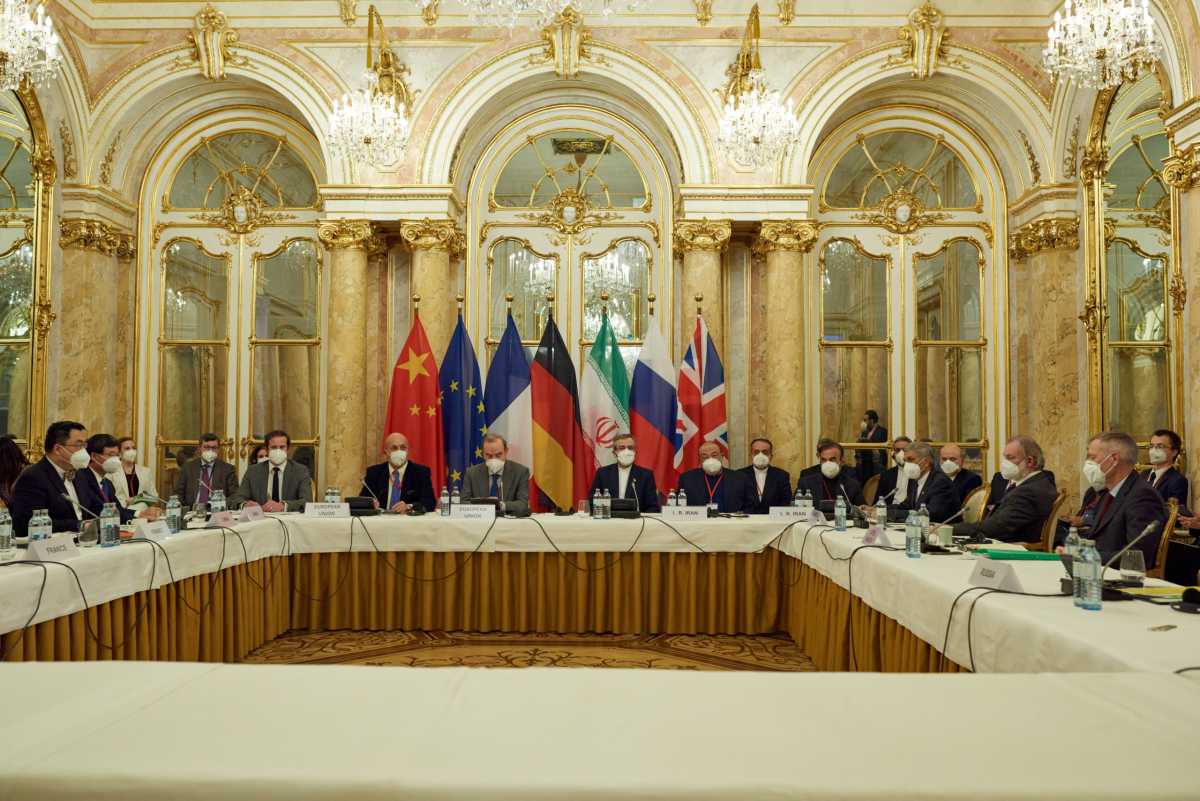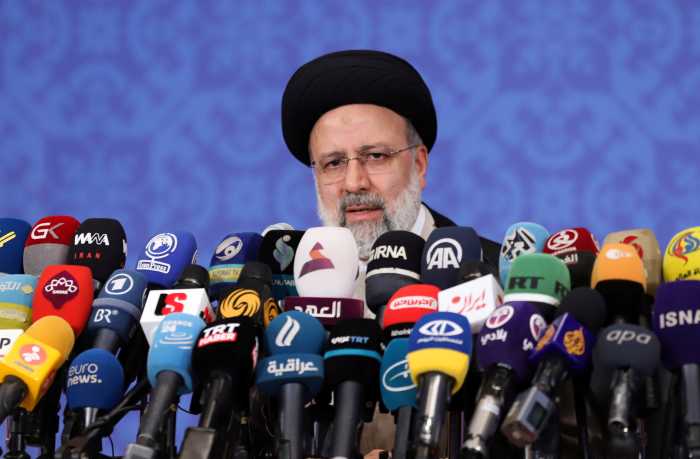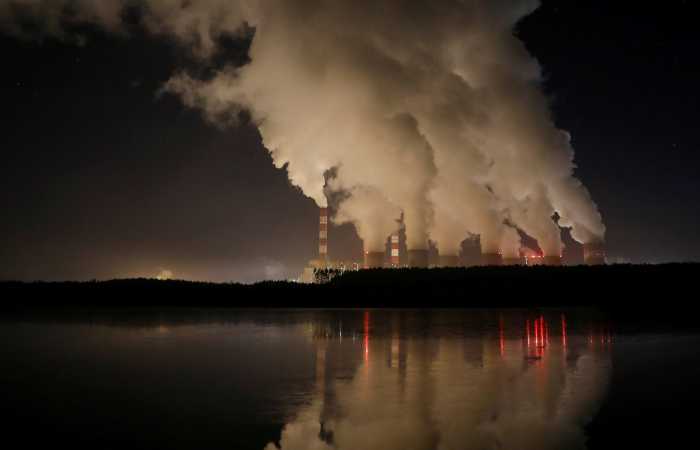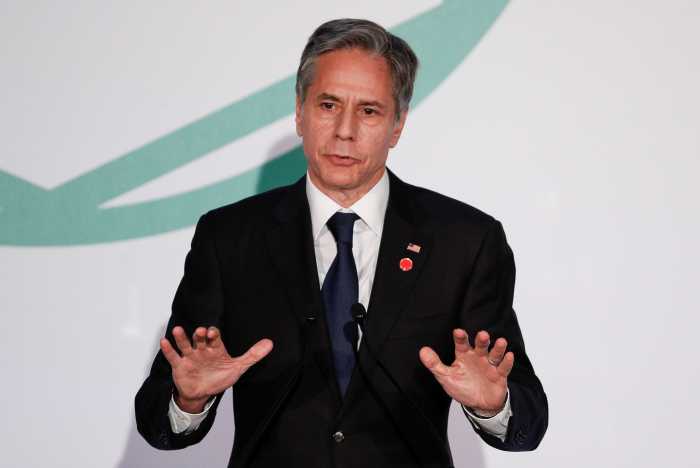By Francois Murphy and Parisa Hafezi
VIENNA – Iran must show seriousness this week about reviving a 2015 nuclear deal with major powers, European diplomats said on Tuesday, saying otherwise they had a “problem” and it remained unclear if Tehran would resume talks where they left off in June.
After a five-month hiatus, diplomats on Monday resumed talks on reviving the pact, which then-U.S. President Donald Trump abandoned in 2018 and reimposed harsh U.S. economic sanctions. Trump’s moves infuriated Iran and dismayed the other powers involved – Britain, China, France, Germany and Russia.
Senior British, French and German diplomats, a group known as the E3, told reporters that this week would be key to determining whether Iran was serious about reviving the pact, though they also did not want to impose artificial deadlines.
Under the agreement, Iran limited its uranium enrichment program, a process that can yield fissile material for bombs, in return for relief from U.S., EU and U.N. economic sanctions. Iran says its nuclear program is for solely peaceful purposes.
Whether Iran agrees to resume talks from where they left off in June, with the election of anti-Western hardliner Ebrahim Raisi as Iran’s president, is key because if they are starting from a blank page the talks will presumably take longer.
“We are still waiting for a solid confirmation that the Iranian side is willing to start working there where we left off in June,” said a senior European diplomat, estimating that 70-80% of a draft agreement was completed in June.
“The next 48 hours will be quite important to know and to confirm that hopefully we can pick up there and get into very intensive working mode,” he added. “If they don’t show us that they’re serious this week, then we have a problem.”
The diplomat stressed that some of the most difficult issues were among the 20-30% that remain unresolved, including what to do about advanced centrifuges that Iran is using to enrich uranium in defiance of the original agreement.
Iran’s top nuclear negotiator Ali Bagheri Kani took an ambiguous stance, suggesting everything negotiated during six rounds of talks between April and June was open for discussion.
“What was discussed at the six previous rounds of talks in Vienna resulted in a draft and not an agreement. And a draft is subject to negotiations,” Bagheri Kani told reporters.
“Nothing is agreed until everything is agreed. So all the issues concluded in the previous rounds of talks can be negotiated and it was agreed by all parties to the deal.”






























